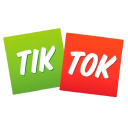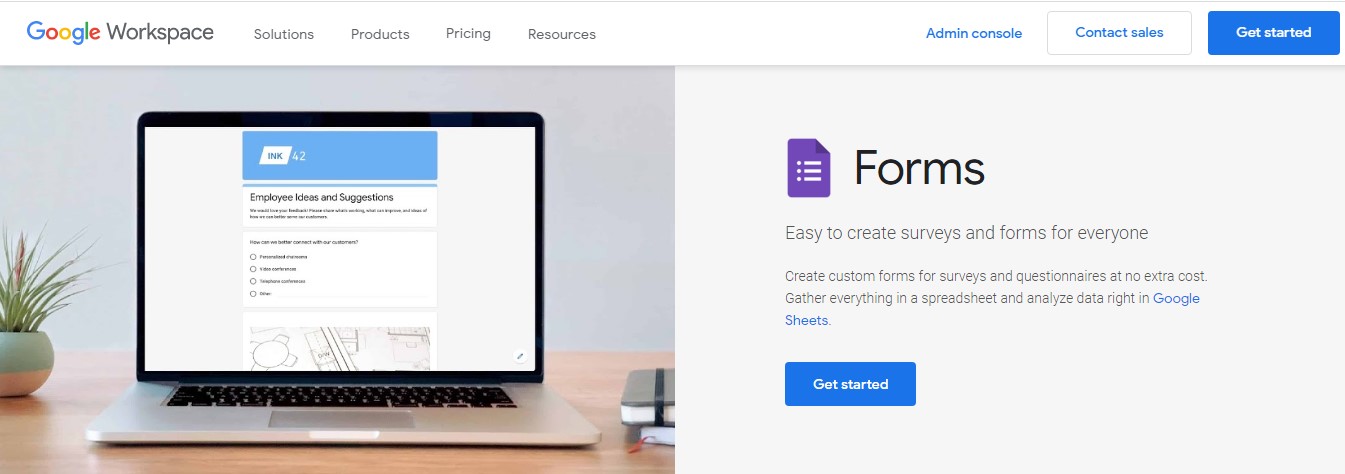How Foodsharing Went From Being Fun To Saving The World
My name is Ela Haney and I’m the CEO & Co-Founder of Cook Eat. We are Switzerland’s first online marketplace for home-cooked food. We could slow down the negative effects our food system is responsible for.
Over 30% of our ecological footprint is caused by our nutrition, so something needs to change, fast. Through food sharing and cooking more portions from fewer kitchens we can save water, electricity, and food waste from all the private household kitchens that are not used when eating together.
Our online marketplace caters to the largely eco-conscious population of Switzerland and the general demographic of 25-55, with a strong skew towards females.
I have been working on the idea for over 9 years. Together with my co-founder Matthew Brandt our knowledge of the food-sharing industry is unparalleled and we are using our combined knowledge in product design and data analytics to launch the world’s first food-sharing metropolis here in Zurich, Switzerland.



















































